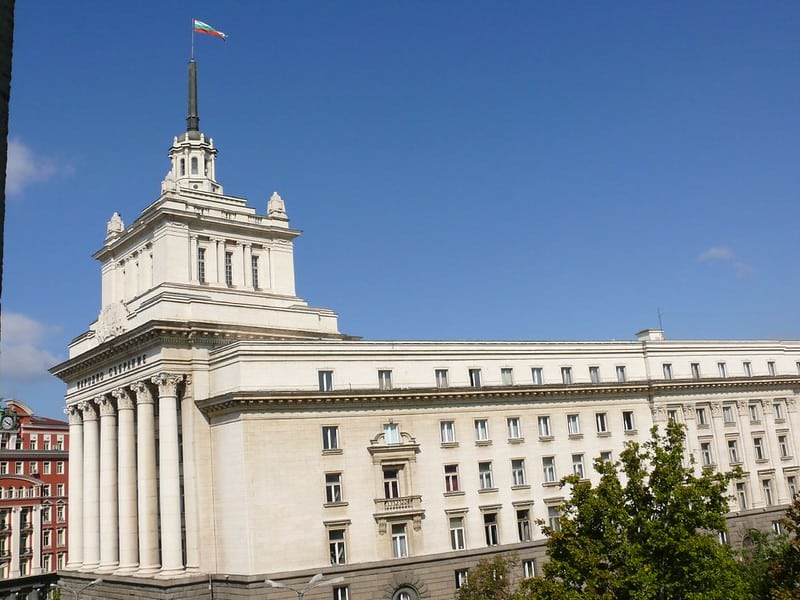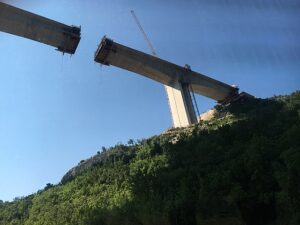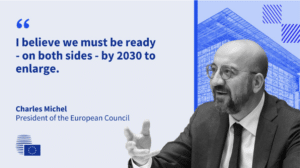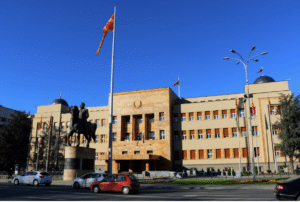On the 14th of November, Bulgarian voters went to the polls for the third time in one year, to elect a new parliament and president. A new centrist party, established 2 months ago called, We Continue the Change Party (PP), has won the parliamentary elections with 25.7% of the total votes. The win of the PP has boosted hopes to break a months-long political deadlock and secure a government that can tackle the COVID-19 pandemic as well as rising energy prices and endemic corruption.
Bulgarians are now hoping that the PP can form a government as soon as possible. Analysts said that the PP has a good position to seal a coalition with the support of the Socialists, the anti-graft alliance Democratic Bulgaria, and the ITN party of TV talk show host Slavi Trifonov. However, tough coalition negotiations lie ahead before a workable government can be formed. Thus, PP leader Kiril Petkov promised on November 14th to be open to dialogue and compromise in coalition talks but said his party would not renege on pledges to overhaul the judiciary and clamp down on corruption. Moreover, the coalition talks will impact North Macedonia’s and Albania’s EU accession path.
The fate of North Macedonia’s and Albania’s accession path
Before the elections, Petkov spoke with reporters from EURACTIV Bulgaria about his approach to North Macedonia. He said, that he wanted a more pragmatic and dialogue-driven approach to North Macedonia. According to Petkov, his party proposed that negotiations with Skopje include business people and scientists.
As a reaction to this Petkov said, “we need to enter real negotiations which have not happened so far.” He added that Daniel Lorer, the potential new Minister of Foreign Affairs, would be ideal to lead negotiations as he is a “venture capitalist that speaks six languages and negotiates all his life.”
In October, Bulgarian President Rumen Radev said Bulgaria would lift the veto if three conditions were met. The first condition laid down by Radev are that Macedonian Bulgarians be included on an equal footing in the constitution. Serbs, Albanians, Turks, Bosniaks, and Roma are currently mentioned, but Bulgarians are not. Secondly, for the Macedonian census to reflect the self-identification of Bulgarians. Thirdly, he said North Macedonia must recognise a “historical truth” and that textbooks in the country’s schools should not include hateful language.
With a new government in place, these three conditions may not apply because Petkov mentioned that changing the North Macedonian constitution would not be necessary as “it will become complicated’’. Thus, lifting the veto could occur sooner, which means that Albania could also start with the EU accessions talks.
Sources: europeanwesternbalkans.com | exit | euractiv | reuters | radiofreeradio
Photo: Flickr



